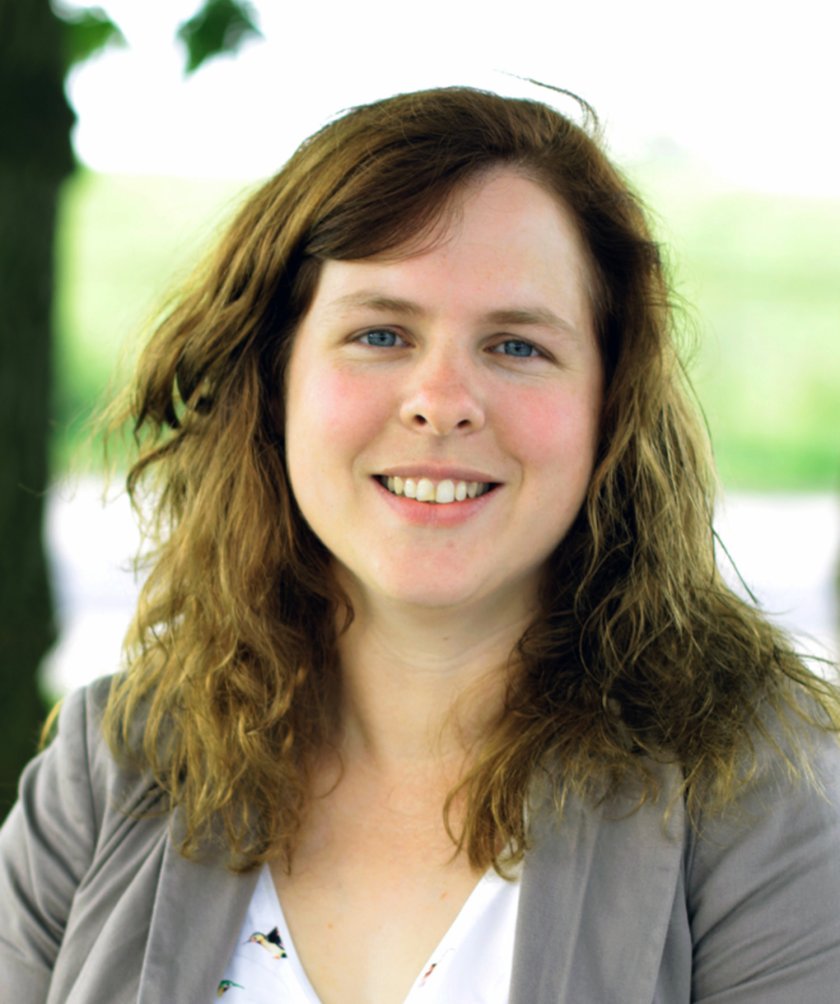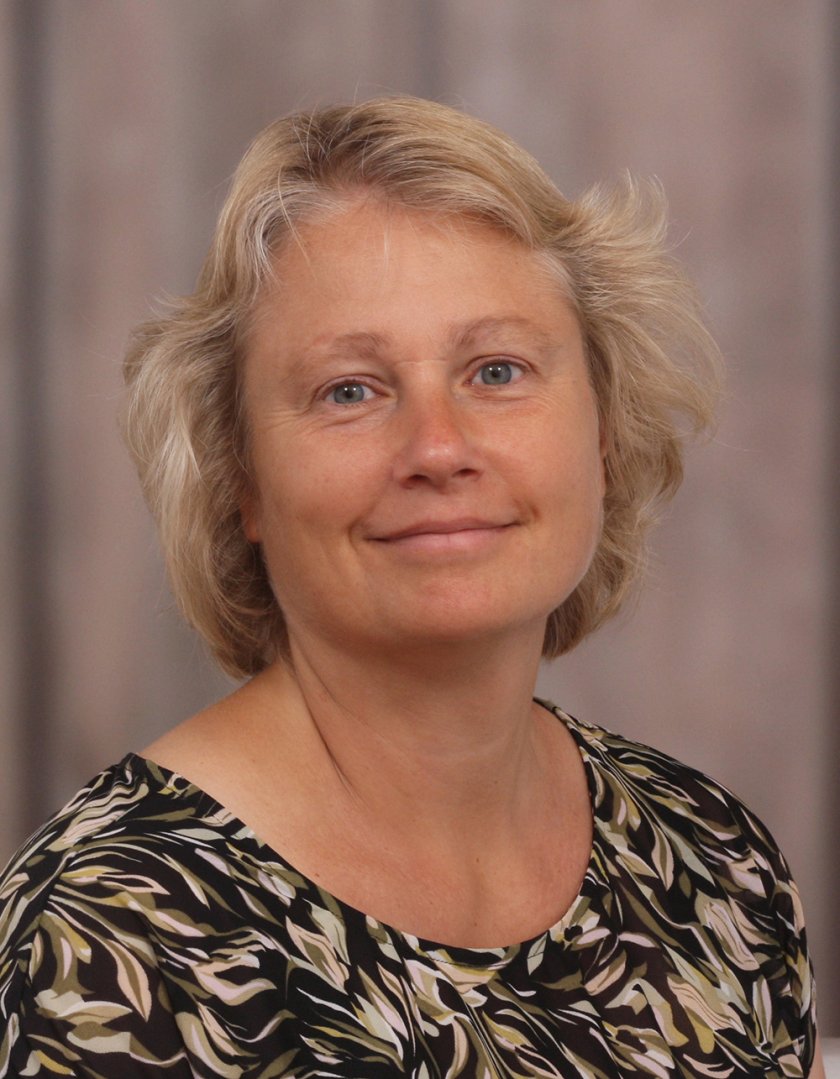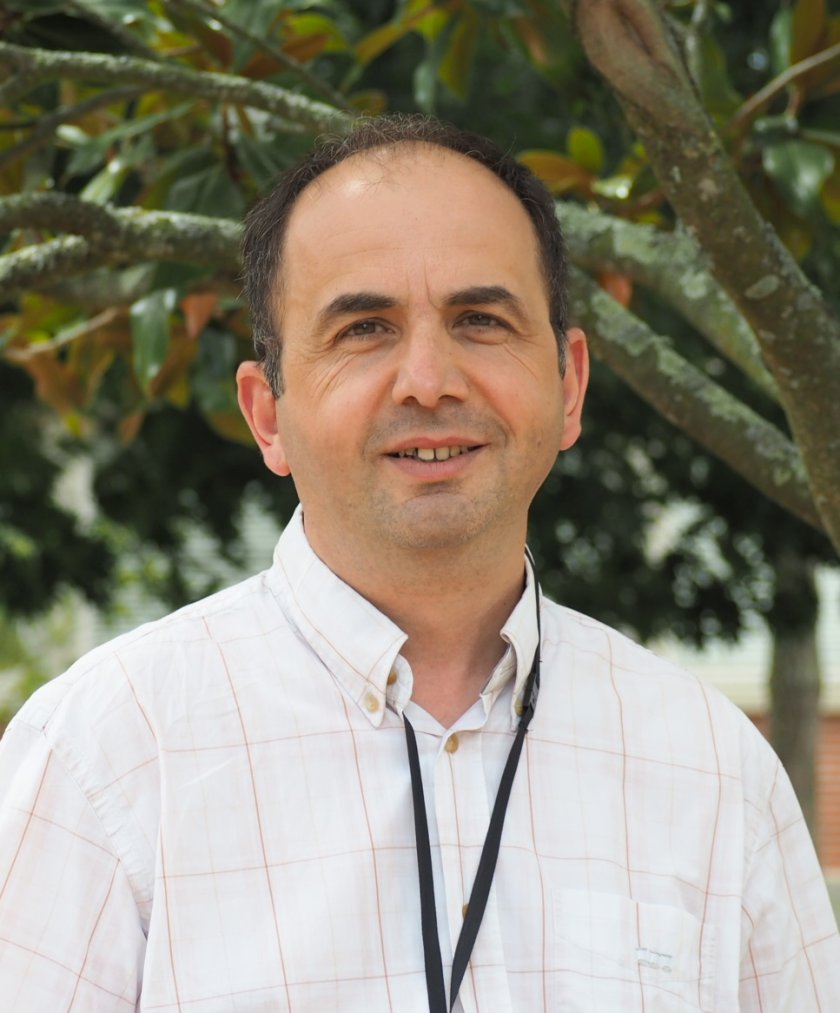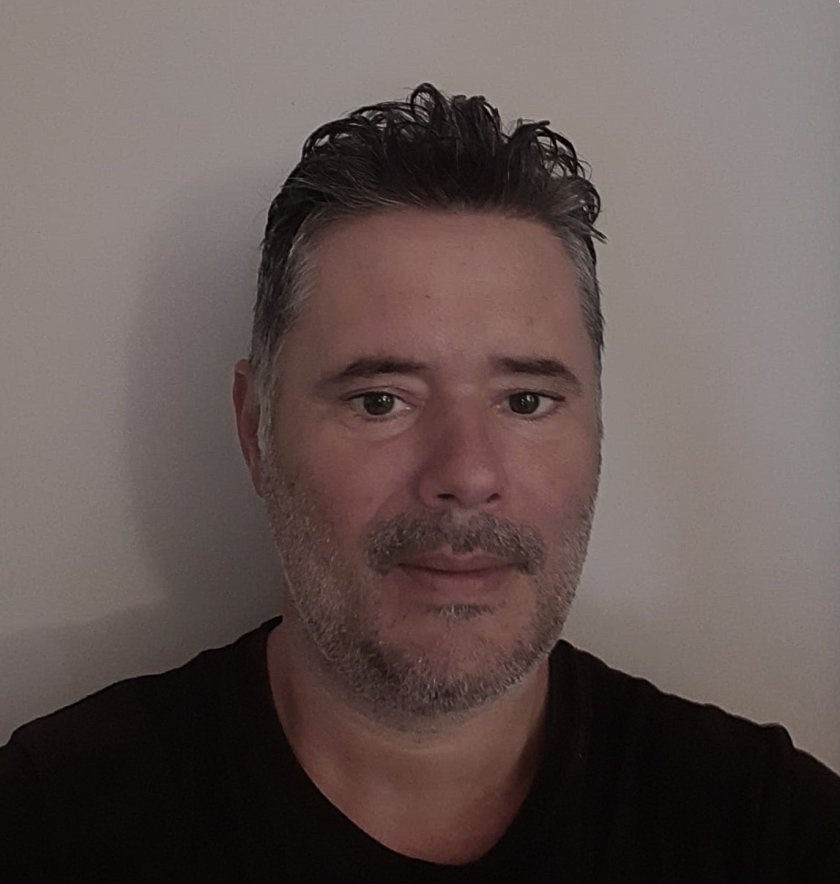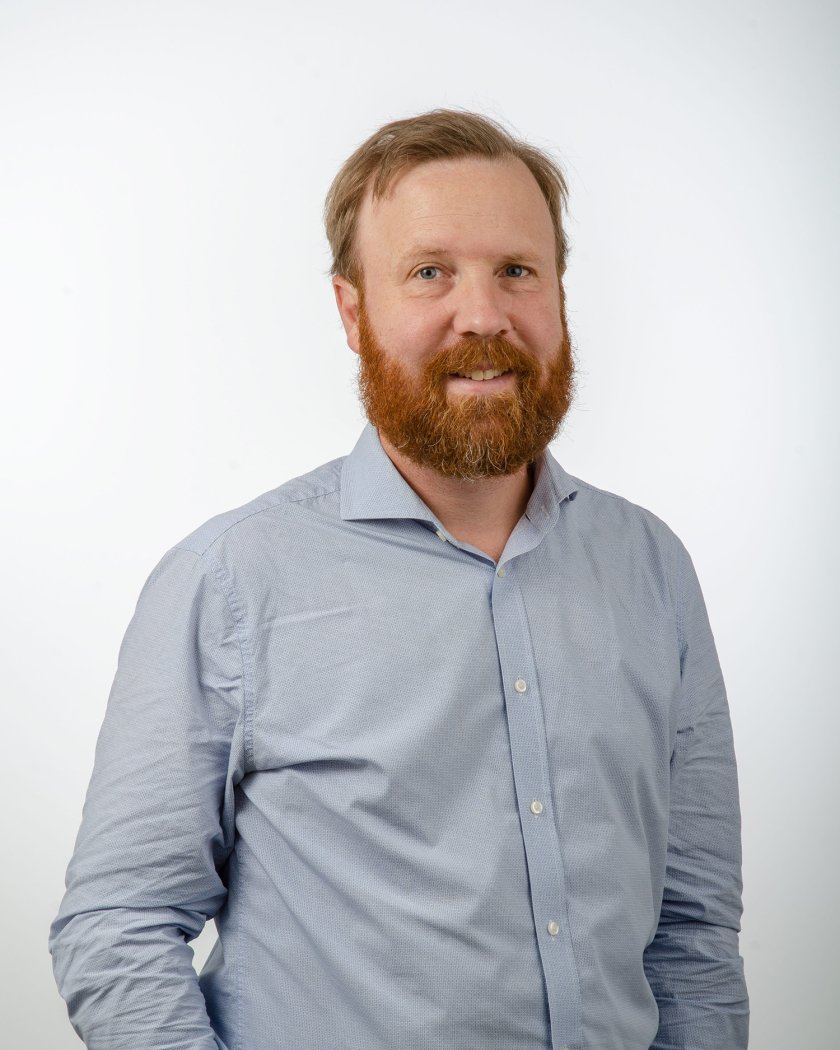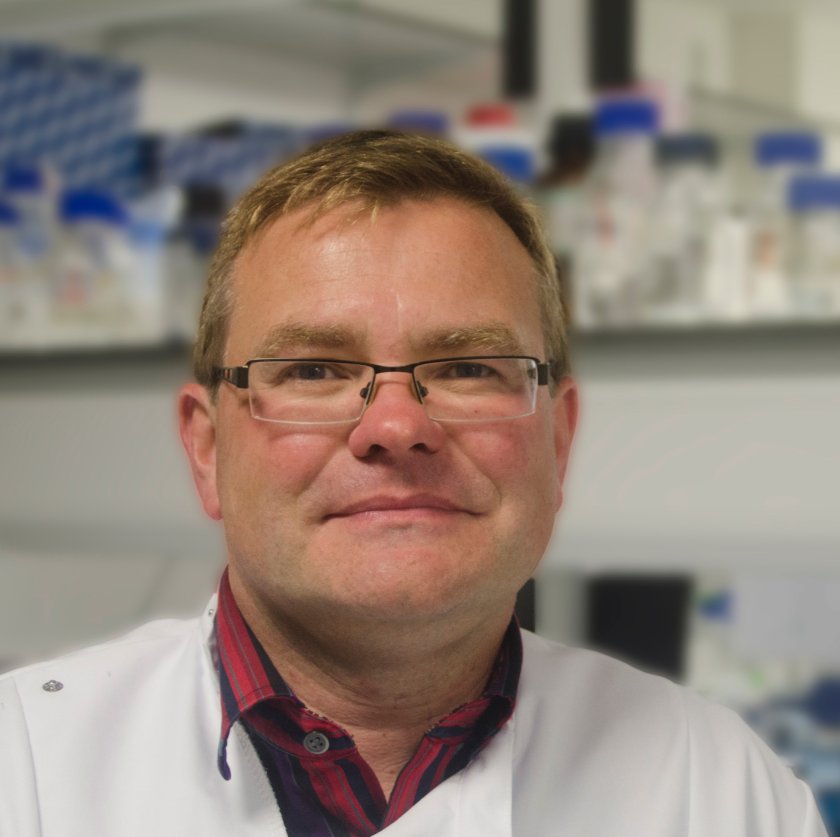Meet the speakers
Confirmed Keynote Speakers
| BTV-3 in the Netherlands: experiences of the first outbreak year | Dr. Inge Santman-Berends |
|---|---|
| Dissecting protective and detrimental immune responses against African swine fever virus | Prof. Artur Summerfield |
| Why waste wastewater when it is a gold mine for pathogen surveillance and epidemiology | Dr. Maja Malmberg |
| African swine fever in Ukraine: from lessons learned 2017-2021 to full-scale Russian invasion influence (since 2022) | Prof. Anton Gerilovych |
| Living risk assessment of animal disease threats to Europe | Dr. Clazien de Vos |
| From the Arctic to the Antarctic – a tale of avian influenza viruses in the wild | Prof. Jonas Waldenström |
| Vaccination against high pathogenicity avian influenza: first lessons from the French duck vaccination plan | Prof. Jean-Luc Guerin |
| From pixels to knowledge | Dr. Luca Candeloro |
| Pathogens at the human-animal interface | James Stewart |
BTV-3 in the Netherlands: experiences of the first outbreak year
Dr. Inge Santman
I am employed as Senior Veterinary Epidemiologist and head of the epidemiology group at Royal GD in Deventer the Netherlands. My tasks and responsibilities include supervising the veterinary epidemiology team of Royal GD, coordinate and being responsible for the epidemiological input in research projects and provide epidemiological and statistical input when needed.
In the Netherlands, I have become an authority on monitoring surveillance and development of data information systems. I co-developed multiple systems that transform data from multiple data sources to valuable information for individual farmers that are used extensively by farmers in the Netherlands. Additionally, I initiated multiple projects that resulted in information that serve a basis for decision making in the Netherlands. My work focusses both on national and international projects both as epidemiological researcher but also as coordinator.
Given my previous experience obtained during the BTV-8 epidemic, I was involved as one of the experts from the detection of the first BTV-3 case in the Netherlands on. Since the moment of first detection, we’ve tried to answer many questions related to this outbreak and today I will update you on what we have found so far.
Dissecting protective and detrimental immune responses against African swine fever virus
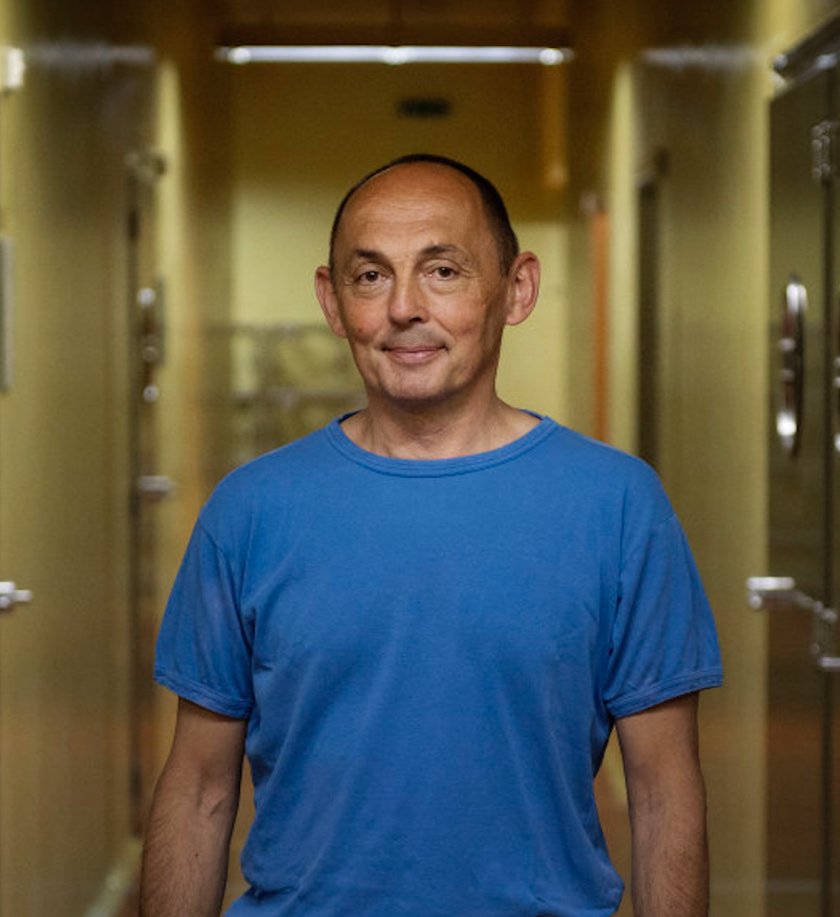
Prof. Artur Summerfield
Artur Summerfield is a veterinary immunologist with particular interest on the immune response to infectious disease and vaccines in pigs and ruminants. His research focuses on antigen presenting cells, viral immunology as well as understanding and developing novel immunotherapeutics and vaccines using systems immunology approaches.
After visiting schools in the US, France and Germany, he studied veterinary medicine in Berlin and obtained his PhD 1994 in Tübingen at the Federal Research Center for Viral Diseases (now Friedrich-Löffler-Institute) Germany. He then moved to the Institute of Virology and Immunology (IVI) in Mittelhäusern, Switzerland. In 2006, he became head of the Laboratory of Immunology and in 2010 head of the Research Department of the IVI. In 2013, he was nominated Professor for Veterinary Immunology at the Veterinary Faculty of the University of Bern.
Why waste wastewater when it is a gold mine for pathogen surveillance and epidemiology
Dr. Maja Malmberg
Maja Malmberg is an associate professor in molecular infection biology at the section of virology at the Swedish University of Agricultural Sciences (SLU). Her research interest focuses on virus discovery and molecular tools for pathogens surveillance. Since 2020 she has worked with wastewater surveillance of viruses in Sweden, initially focused on SARS-CoV2.She holds a MSc in Engineering (biotechnology and genomics) from Umeå University (Sweden), and a PhD in Medicine from Karolinska Institutet (Sweden).
African swine fever in Ukraine: from lessons learned 2017-2021 to full-scale Russian invasion influence (since 2022)
Living risk assesement of animal disease threats to Europe
Dr. Clazien de Vos
Clazien de Vos works at Wageningen Bioveterinary Research in the Netherlands. She is a risk analyst with extensive experience in qualitative, semi-quantitative and quantitative risk assessment in the veterinary field focusing on the introduction and transmission risk of notifiable, vector-borne and zoonotic infections and antimicrobial resistance.
One of her interests is the development of generic risk assessment tools that can address the incursion risk of multiple diseases for early warning and prioritization purposes. The increasing awareness of the vector-borne disease risk for Europe made her work on a framework and calculation tool to assess the incursion risk of multiple vector-borne diseases, that was used by EFSA to address the risk of vector-borne diseases for the European Union. She then continued to build a rapid risk assessment tool (RRAT) to assess the incursion risk of multiple emerging and re-emerging diseases for the Netherlands to prioritize diseases for prevention and surveillance. Currently she is involved in the development of a living one health risk assessment tool that aims to assess the risk of zoonotic diseases for Europe contributing to pandemic preparedness.
Vaccination against high pathogenicity avian influenza: first lessons from the French duck vaccination plan
Prof. Jean-Luc Guerin
Jean-Luc Guérin, DVM, PhD, Dipl. ECPVS, is full professor in poultry medicine at the National Veterinary College of Toulouse, France and Director of the “host-pathogens interactions” joint research unit (INRAE-ENVT), covering virology, prions, bacteriology, immunology and epidemiology of infectious diseases in animals, in a One Health perspective.
His own research is focused on viruses of poultry, and for some years, pathobiology of highly pathogenic avian influenza. A priority is the development of innovative approaches of viral detection, including from environmental samples and at the wild birds/poultry interface. Since 2016, his research has been very much directed toward the emergence of H5 HPAI and recently, to the scientific support of the National vaccination plan implemented in France.
From pixels to knowledge
In recent years, he has contributed to several national and international reference centres operating at IZSAM, including the National Reference Centre for Epidemiology, the WOAH Collaborating Centre for Epidemiology, Modelling, and Surveillance, and the FAO Reference Centre for Veterinary Epidemiology.
He is an expert in advanced statistical analysis, modelling, and social network analysis. Recently, his work has focused on integrating satellite imagery and machine learning techniques to improve the prevention and control of vector-borne diseases. His contributions have been crucial in advancing the field and providing innovative solutions for disease monitoring and public health interventions.
From the Arctic to the Antarctic – a tale of avian influenza viruses in the wild
Prof. Jonas Waldenström
Jonas Waldenström is professor at Linnaeus University, in Kalmar, Sweden. He is interested in the disease ecology of (mainly) avian pathogens, especially those that have a broad host range and can infect poultry or mammals. Since 2002, his research group carry out active surveillance for avian influenza viruses in wild birds, particularly in migratory waterfowl. By combining disease and pathogen data with movement ecology data from telemetry studies of birds they want to understand how viruses (and other pathogens) travel the world.
Pathogens at the human-animal interface
James Stewart
I have an international reputation in the field of virus-host interactions. I trained as a molecular biologist, applying molecular techniques to study virus/host interactions, specifically the immune response. A large part of my career has been spent studying pathogenesis and virus-host interactions, with a particular focus on the herpesvirus family. One of the most important aspects of my work was establishing the link between active EBV infection and idiopathic pulmonary fibrosis (IPF) and then showing that this a consequence of the normal biology of this group of viruses.
With Tony Nash, I developed murine gammaherpesvirus in mice as a means of studying authentic host-virus interactions, exploiting the power of virus reverse genetics and KO mouse technology.
More recently my research has moved to focus on virus-host interactions in the respiratory tract, using other respiratory pathogens such as influenza A virus and RSV. I have developed an integrative toolkit and pathway with which to do this. I use conventional and molecular techniques to analyse the course of virus infection combined with big data techniques and informatics to relate the function of viral determinants with host defence responses. The ultimate aim is to translate this into novel interventions and vaccines.
I teach Veterinary, Medical and Life Science students up to Masters level. I am also external examiner for Edinburgh University (Bsc (Hon) Infectious Disease) and Imperial College London (MSc Virology). I have been examiner for 34 PhD theses both in the UK and internationally.
My Laboratory currently consists of 3 PDRAs and 9 PhD students. I have previously supervised 25 PhD students to completion many of whom are now academics, group leaders, or working in Industry.
At Liverpool I have previously been Head of School and currently Chair the University Animal Welfare and Ethical Review Body. I am Academic Editor for PLoS ONE, on the Scientific Advisory Board of the Animal Health Trust and have served on UK research council funding and review panels since 2004. I have also appeared on UK National TV giving expert opinion on Influenza vaccination.

